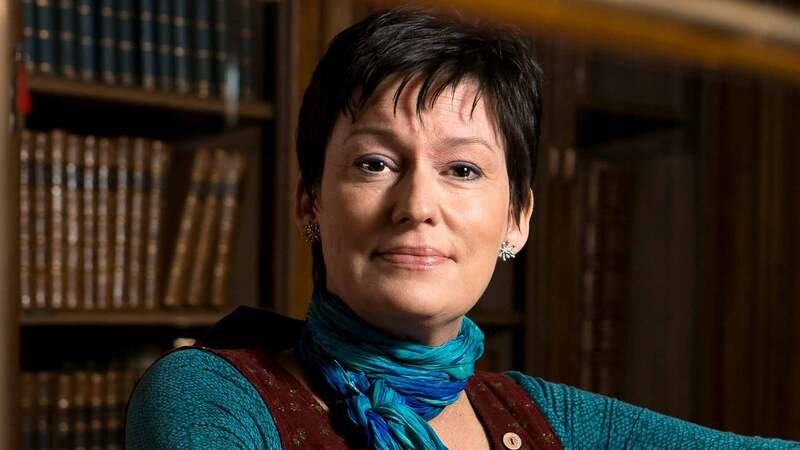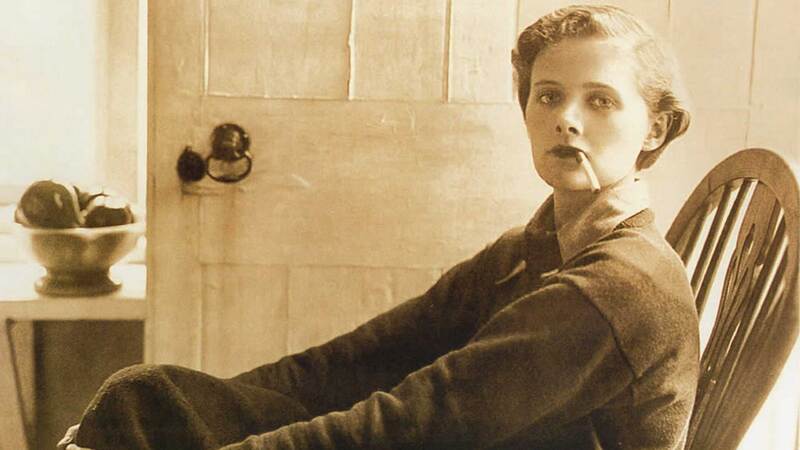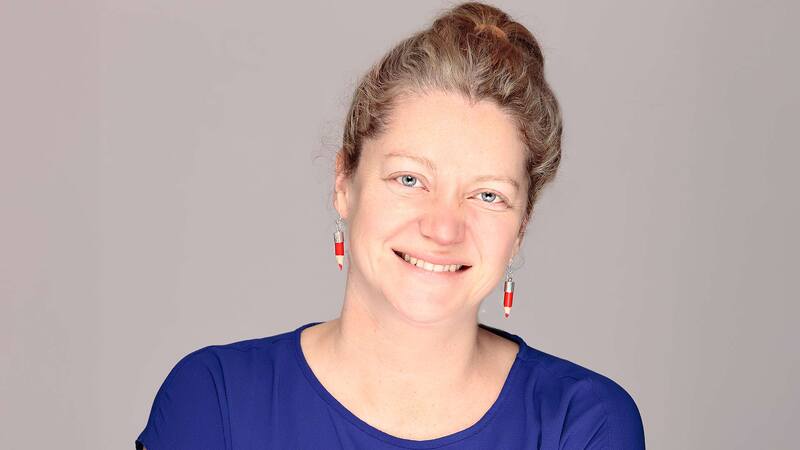Virago looks forward after full five decades
The Little, Brown imprint’s plans to celebrate its 50th birthday include reissues of some iconic titles, as well as a new short story competition.
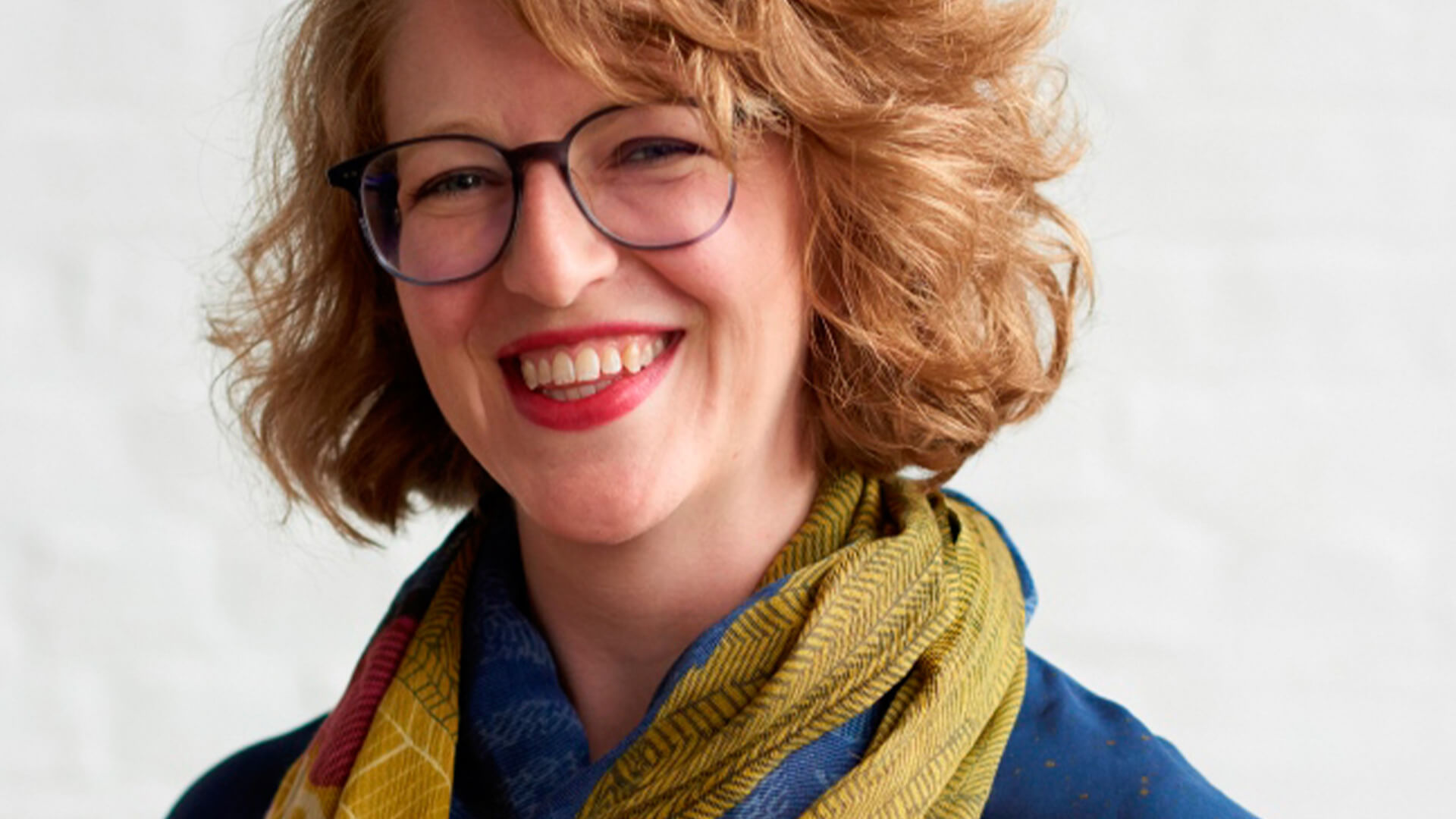
Virago’s 50th birthday—formally on 21st June, but being celebrated throughout the year—is not just a chance to review the past, but also to look forward, says its publisher Sarah Savitt.
The Little, Brown imprint has a host of events planned to mark the occasion, kicking off with Furies-—a collection of new short stories in the tradition in which Virago itself was named, of reclaiming words previously used to denigrate women—featuring some of Virago’s stellar authors, Margaret Atwood among them, as well as newer names.
In June, the Five Gold Reads collection will feature iconic titles from Virago’s history, including books by Angela Carter and Sarah Waters. The summer will also see the imprint looking forward, with a short story competition to highlight new writers from under-represented backgrounds. Virago’s late trailblazing founder Carmen Callil will be much missed, but press around the anniversary is expected to feature both Virago chair Lennie Goodings, who has been at the publisher since the late 1970s, and Savitt, who joined seven years ago from Headline and Headline Review, becoming publisher the following year.
Virago has seen many fluctuations in the feminist landscape during its five decades, from the heady days of the 1970s to the “post-feminist” doldrums of the ’90s. When Savitt joined in 2016, the upswing in feminist publishing that has marked recent years was underway, with successes from the likes of Caitlin Moran and Rebel Girls engendering new enthusiasm. While that was “great”, paradoxically, it had a downside for Virago, Savitt acknowledges, “because books were suddenly very expensive [to acquire], whereas sometimes we were the only [publisher] who bids, or who sees a wider opportunity”.
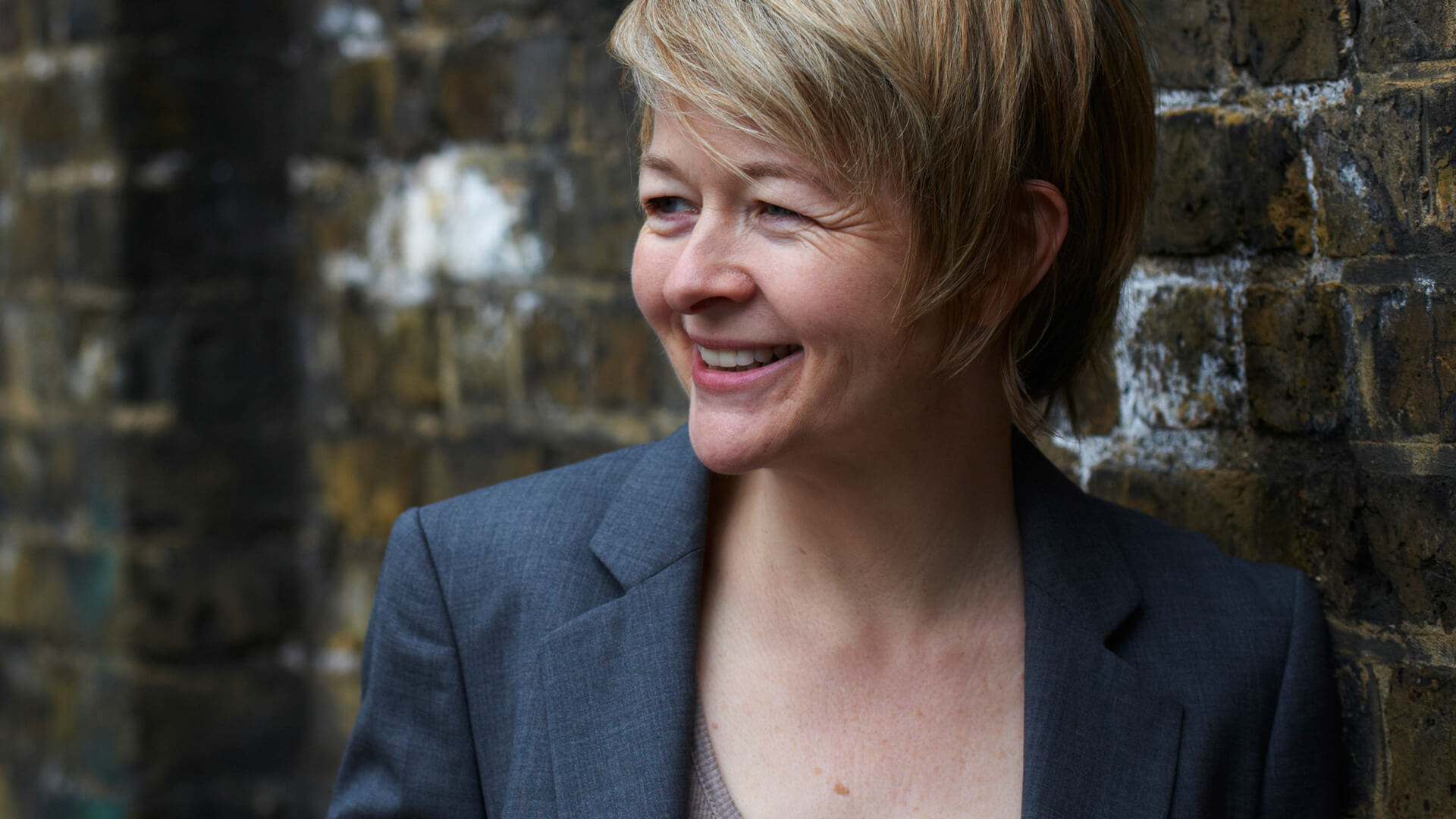
Virago’s ability to see what others missed was how the imprint first came to publish Maya Angelou in the UK: “Caged Bird was published in the US in 1969 and according to Angelou, every British publisher had passed—‘Who cares about the experiences of a young Black woman growing up in the South, for British readers?’ That took until 1984 to be published [in the UK] and was a huge success for us. That still happens, but in 2017 it was the opposite, and that had its challenges in terms of being sane about advances and keeping our cool.” Now that big auctions for books on feminism are quietening a little, Virago continues as it always did, she says. “Whether it feels boom or bust for feminism, because we have been going for 50 years, it doesn’t bother us. We still feel Virago is necessary and that there are writers who have been marginalised or dismissed or silenced who deserve a bigger platform.”
She compares Virago’s approach to that of “Guilty Feminist” Deborah Frances-White, another of the imprint’s authors. “Deborah thinks of feminism as a swimming pool—‘If you want to enter the deep or the shallow end, cool, I’m here for it all’. And we feel like that too. We’re happy to meet people where they are, whether they want serious essays about intersectional feminism, or want to read Lauren Graham about feminism and Hollywood.”
Recent hits include Monica Ali’s Love Marriage, Ali’s first novel with Virago, following the author’s 10-year break from writing. “I think we’re really great as a publisher, perhaps because we’re used to looking at new angles on things, at taking on authors who are mid-career or who have taken a break, or where a book hasn’t worked, and reinventing them and bringing new energy,” says Savitt.
Whether it feels boom or bust for feminism, because we have been going for 50 years, it doesn’t bother us. We still feel Virago is necessary and that there are writers who have been marginalised or dismissed or silenced who deserve a bigger platform
Another success last year, essay collection The Fran Lebowitz Reader, seems to bear this out: “Donna [Coonan], who runs our classics list, watched her on Netflix with Martin Scorsese and noticed that no one had published her essays here for years; she did a big tour and loads of publicity for us and those essays—mostly from the ’70s and ’80s—went onto the bestseller list.”
Upcoming highlights in 2023 includes Mirinae Lee’s novel following one woman on an eventful journey through 20th-century Korean history, 8 Lives of a Century-Old Trickster, out in May. “One of the things that has been a focus for me is making our fiction list more inclusive, and that includes being more global”, says Savitt.
Another highlight, publishing in March, is midwife Leah Hazard’s Womb: The Inside Story of Where We All Began, “a manifesto for taking this part of the body seriously; we are all so interested in Henry Marsh’s books on the brain, but we should be just as interested in the womb”.
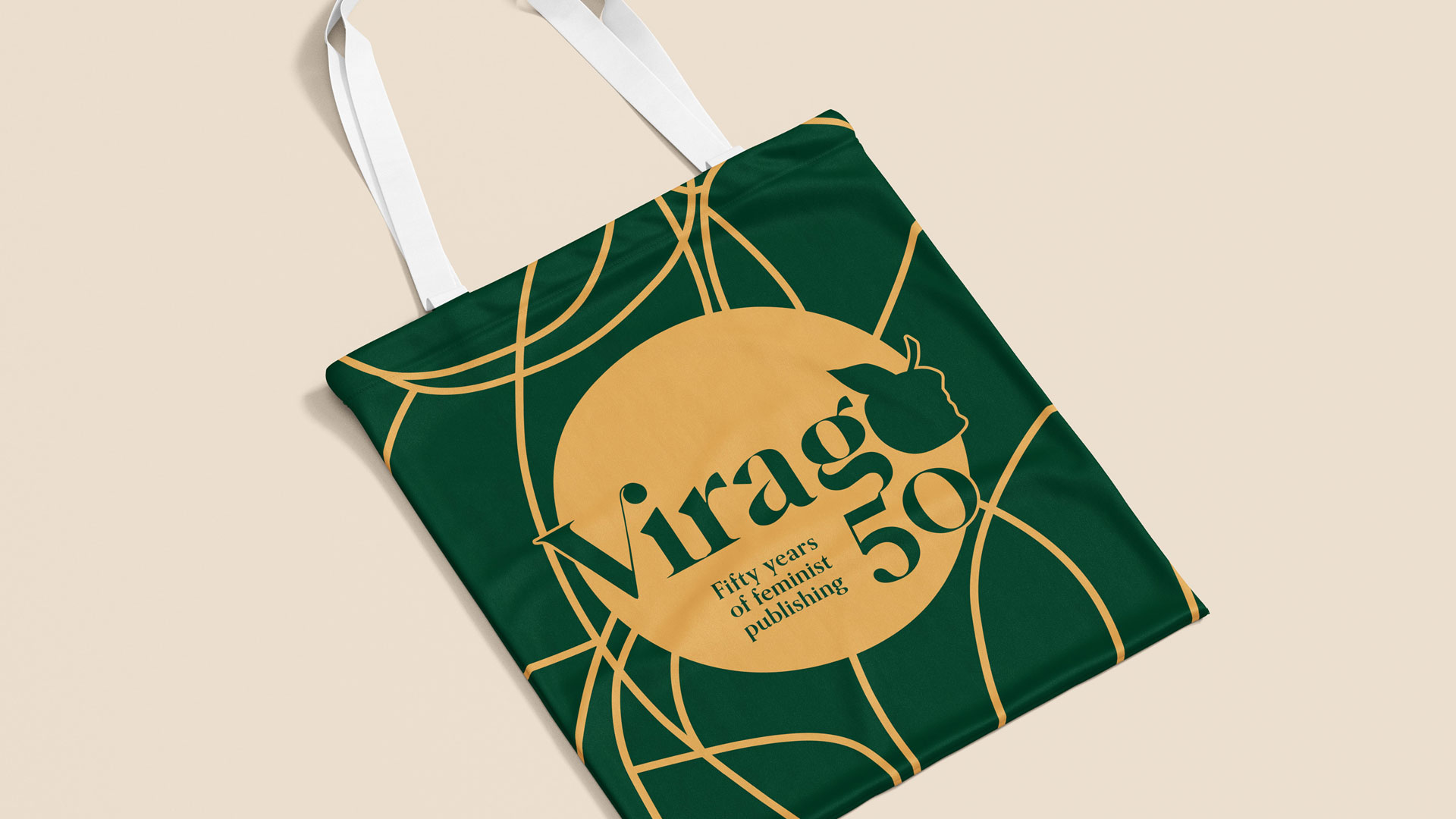
Savitt says Virago is committed to having “breadth and variety” in its list. “I think if we were just publishing polemic and books about feminism it would have been harder, but that’s the joy of the list, and part of the political statement of the list, that women can read and write about anything, and our readers want to read about a wide variety of things. Some agents, and I’m being a bit broad brush, think that to submit a book to us it must have a feminist heroine and be about women’s lives, but writers like Monica Ali or Sarah Waters are just brilliant writers. That’s always been what makes Virago, Virago—we publish amazing writers, but they are also telling untold stories and doing something that is a bit surprising. Lots of Love Marriage, for example, is written from a male perspective, and you can have a good time reading it and have fun.”
Another strength, Savitt believes, is that Virago has never sought to define feminism or the very current, ideologically fraught, question of what a woman is. In 2021 the imprint changed the wording on its communications to say that as part of its commitment to an inclusive feminism, it welcomes submissions from people of “underrepresented genders”. Savitt says this did not represent a policy shift; Virago had published trans writers before. The imprint hasn’t published a book specifically about gender-critical feminism, but “our writers have a broad spectrum of beliefs. Some of our writers do have complicated relationships with feminism, but so long as they feel happy to be published by a feminist publisher, that’s the only test.” The imprint does not have “a creed, a purity test”, she says. “We are a publishing company, not a political party, campaign group, charity or museum.”
As the imprint moves forward, new hire Carla Josephson is joining from The Borough Press to focus on the more accessible end of Virago’s publishing: “Historical, Gothic, crime, thriller [...] that slightly fantasy/supernatural crossover book club read”. Savitt is keen to make Virago’s history publishing “more inclusive and wide-ranging—that’s a real focus for us this year, finding historians who are uncovering different stories.” Meanwhile Goodings continues with her authors (Marilynne Robinson and Waters among them) while Anna Kelly buys fiction and non-fiction for the more literary end of the list.
Asked who Savitt thinks might be the leading women’s voices in publishing in the years ahead, she names Hachette stablemate Sharmaine Lovegrove, Raven Books publisher Alison Hennessey—“the whole branding, and her definition of what makes a Raven book, I think she’s got an amazing eye”—as well as agent Nelle Andrew and editor Katy Loftus, not least on the strength of their columns for The Bookseller about burnout and boundaries in publishing—“They are challenging the status quo”.
Virago’s anniversary plans
March
Furies, an anthology of new short stories by Virago writers including Margaret Atwood, Ali Smith, Emma Donoghue and Kamila Shamsie, will be themed around reclaiming synonyms for “virago”, including “wench”, “hussy”, “spitfire” and “fury”. Published 6th March (hb, £16.99).
Short story competition
Details of a short story competition for writers from under-represented backgrounds will be unveiled in the spring; so too will details of a summer event that is planned to help bring people from under-represented backgrounds into the book industry.
June
Publication of Five Gold Reads, an iconic book for each decade of Virago’s existence, comprising Angela Carter’s The Sadeian Woman, Grace Nichols’ The Fat Black Woman’s Poems, Sarah Waters’ Tipping the Velvet, Natasha Walter’s Living Dolls and Sigrid Nunez’s The Friend (all pb, £10.99). A media campaign, including confirmed pieces in Red and Harper’s, will centre on the actual anniversary of Virago’s founding, on 21st June.
March to October
A programme of festival and bookshop events will run, with events already confirmed at the Bath Festival, the Charleston Festival, Waterstones Glasgow and Foyles.
Bookshop materials
Special anniversary promotion materials will include tote bags, posters, bookmarks and postcards
November
Maya Angelou’s seven volumes of memoir, starting with I Know Why the Caged Bird Sings, become Virago Modern Classics.










